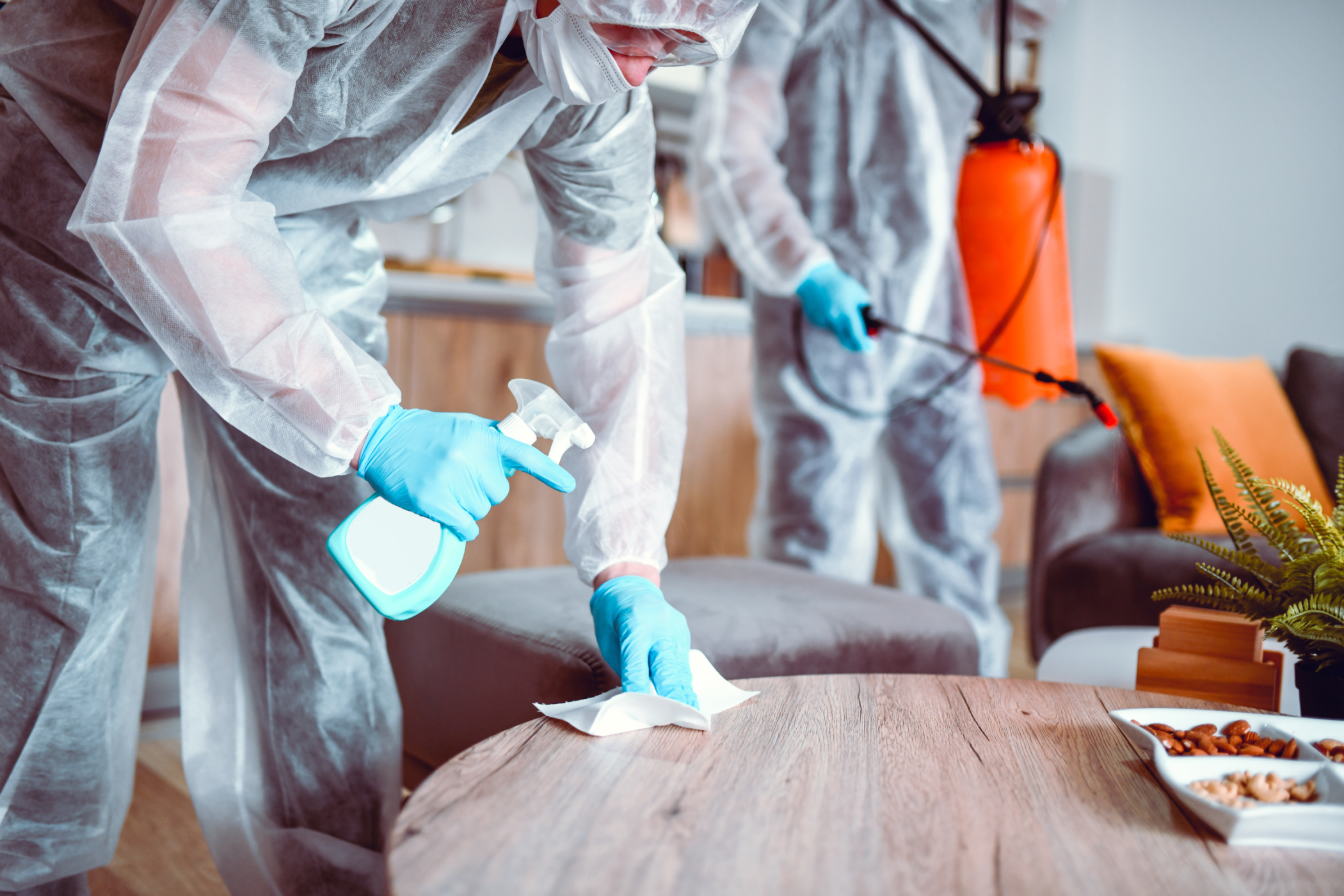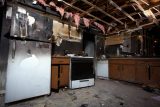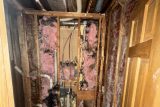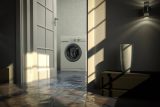Tips for Safely Handling Biohazard Cleanup in Your Home
Homeowners
1 year ago
Biohazards in your home, such as blood spills or chemical leaks, can be daunting. While some situations like large-scale incidents or hazardous material exposure require the expertise of professionals like Lake City Restoration, others can be safely managed with the right approach.

In the article below, we delve into essential tips for handling minor biohazards at home. We guide you through identifying when a professional is needed and provide practical advice for safely addressing smaller biohazard situations. Discover how to keep your home safe and secure with these expert insights.
Understanding Biohazards In Your Home
What are biohazards?
In your home, biohazards can include a variety of materials such as blood, bodily fluids, sewage, medical waste like used needles and syringes, certain chemical spills, and even some types of mold. These materials are considered biohazards due to their potential to carry infectious diseases or pose other health risks.
Should I call a professional for help?
While these tips are meant to help homeowners handle minor biohazard situations, it’s crucial to understand the importance of professional expertise in this area. Biohazard cleanup often involves specialized knowledge and equipment to ensure safe and effective decontamination, something that goes beyond the scope of typical household cleaning.
In situations where the biohazard is extensive, unclear, or involves potentially dangerous substances, it’s always safest to contact a professional like Lake City Restoration. Our staff has the essential training and equipment necessary to handle these hazards properly, ensuring your home is safe and healthy.
Here are some scenarios where professional biohazard cleanup may be necessary:
Large-Scale Incidents
Situations involving extensive biohazard contamination, such as major blood spills or widespread chemical leaks.
Sewage Backup
Cleanup of sewage spills, which involve harmful bacteria and require specialized cleaning methods.
Mold Infestation
Large or dangerous mold outbreaks, particularly those involving toxic black mold.
Unattended Death
Scenarios such as unattended deaths where decomposition has occurred, present serious health risks.
Infectious Diseases
Situations involving materials contaminated with infectious diseases, requiring expert handling.
In such situations, the expertise of Lake City Restoration’s biohazard cleanup team can be invaluable. We offer 24/7 emergency services, ensuring prompt response to urgent biohazard scenarios. Our team is IICRC certified, guaranteeing that our methods and practices meet the highest industry standards for safety and effectiveness in biohazard cleanup.
Managing Minor Biohazard Incidents at Home
Minor biohazard incidents in the home typically involve smaller-scale situations that can be safely managed with proper precautions. These include small blood spills from minor cuts, bodily fluids, or small chemical spills from household products.
Safety Tips for Minor Incidents:
- Isolate The Area: Keep children and pets away from the affected area to prevent further contamination.
- Wear Protective Gloves: Always use disposable gloves to avoid direct skin contact with biohazardous materials.
- Use Absorbent Materials: For liquid biohazards, use absorbent materials like paper towels to soak up fluids before cleaning.
- Avoid Aerosolizing the Biohazard: Don’t use methods that might spread contaminants into the air, like sweeping or vacuuming over dry substances.
- Use Proper Ventilation: Open windows or use fans to ventilate the area during and after the cleanup.
- Use Appropriate Disinfectants: Clean the area with EPA-approved disinfectants to ensure thorough decontamination.
- Double-Bag Waste: Place contaminated materials in a plastic bag, seal it, and then place it in a second bag for added safety.
- Proper Disposal: Dispose of contaminated materials (like used gloves and towels) in sealed bags and follow local guidelines for hazardous waste disposal.
- Wash Hands Thoroughly: After cleaning, remove gloves carefully and wash your hands with soap and water to prevent any potential spread of contaminants.
- Check for Lingering Odors: After cleaning, if any odors persist, it may indicate the need for further cleaning or professional assistance.
- Monitor For Health Changes: After handling biohazard materials, monitor for any signs of illness and consult a healthcare provider if symptoms appear.
Ensure Safety in Biohazard Situations with Expert Help
While the guidance provided here equips you with the knowledge to safely handle minor biohazard incidents in your home, it’s crucial to recognize when a situation is beyond DIY measures.
Larger-scale biohazard cleanups, such as extensive mold infestations, sewage backups, or situations involving infectious diseases, demand the expertise and equipment of professionals. In these instances, Lake City Restoration is your reliable and skilled partner.
Our 24/7 emergency services and IICRC certification ensure that any biohazard situation in your home is managed with the utmost safety and efficiency. If you’re facing a biohazard scenario that feels overwhelming, don’t hesitate to reach out to Lake City Restoration. Protecting your home and health is our top priority.
For professional assistance with biohazard cleanup, contact Lake City Restoration. Our experienced team is always ready to help, ensuring your home is safe and restored.




